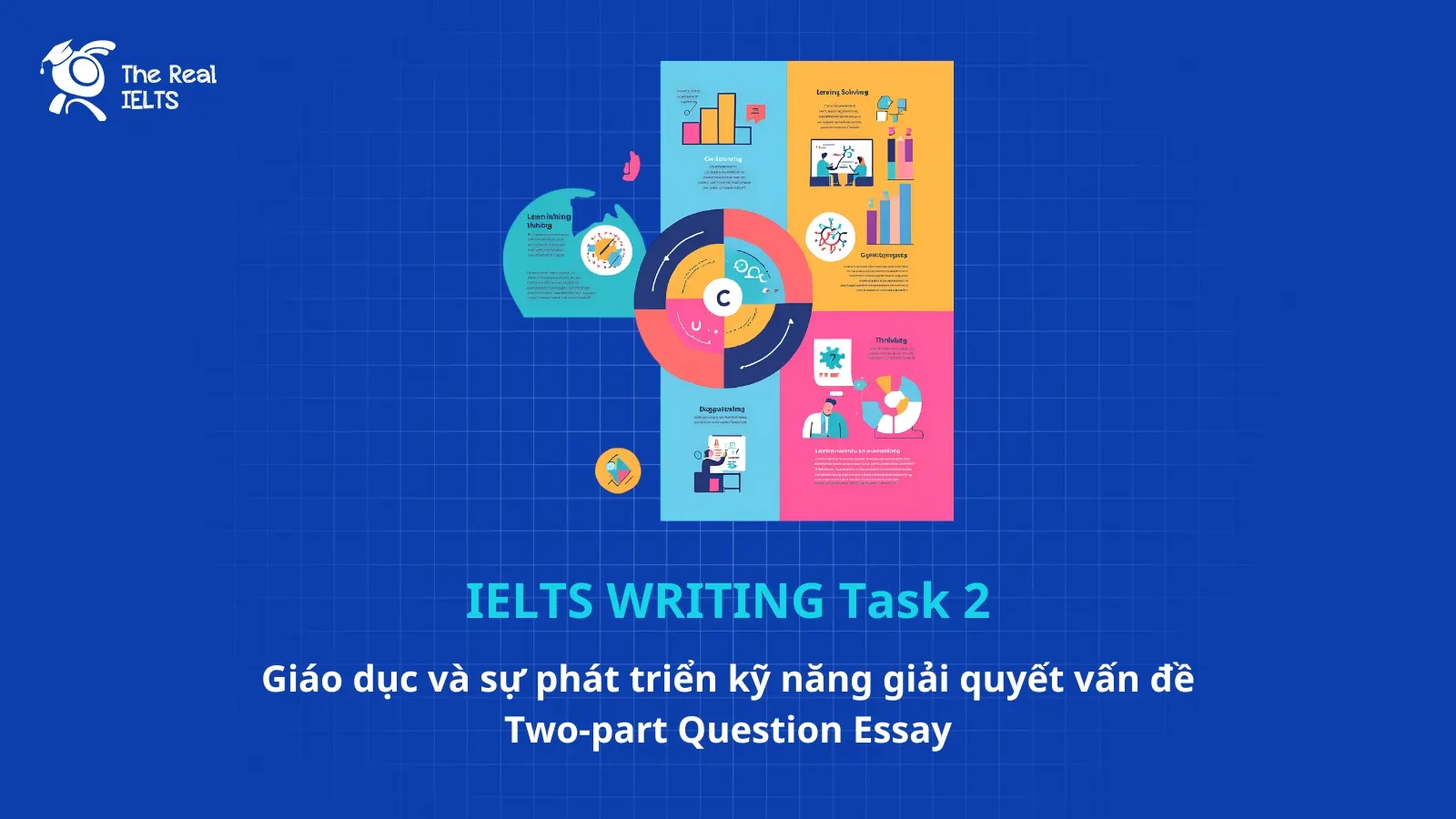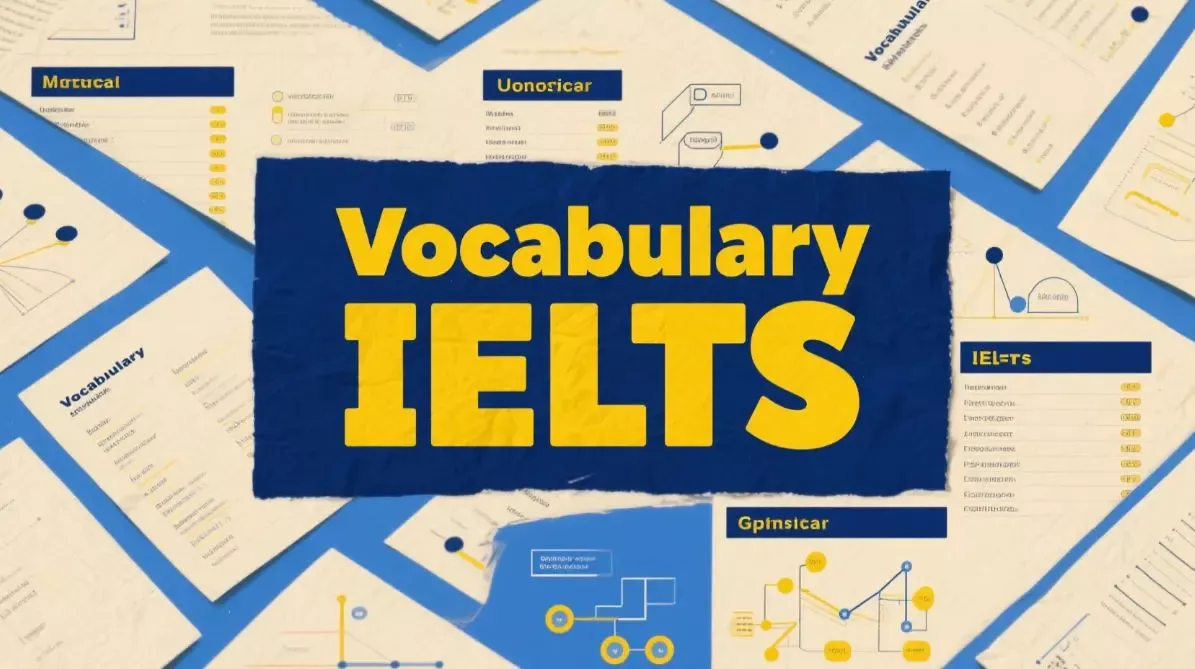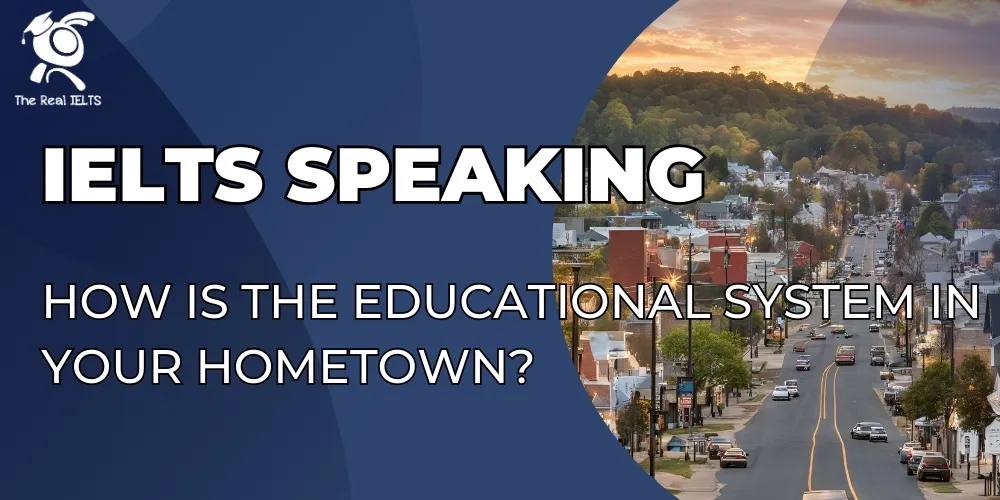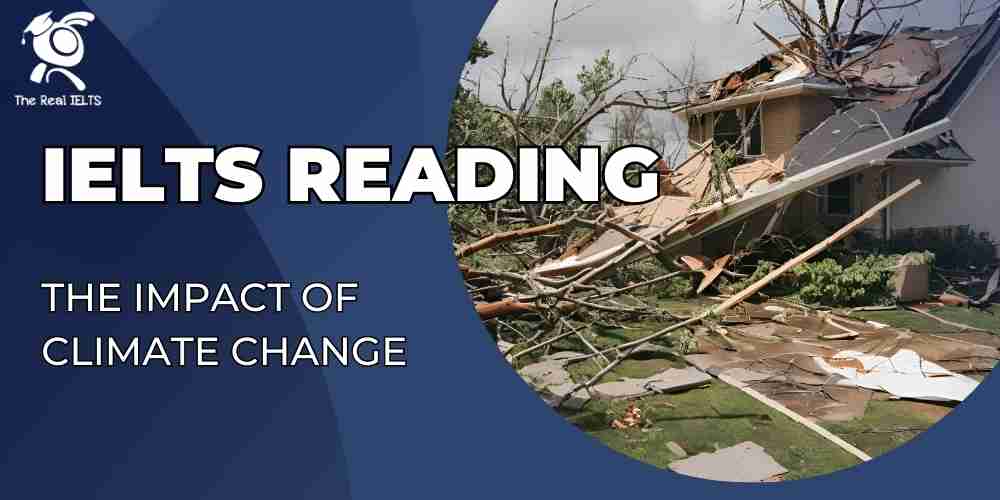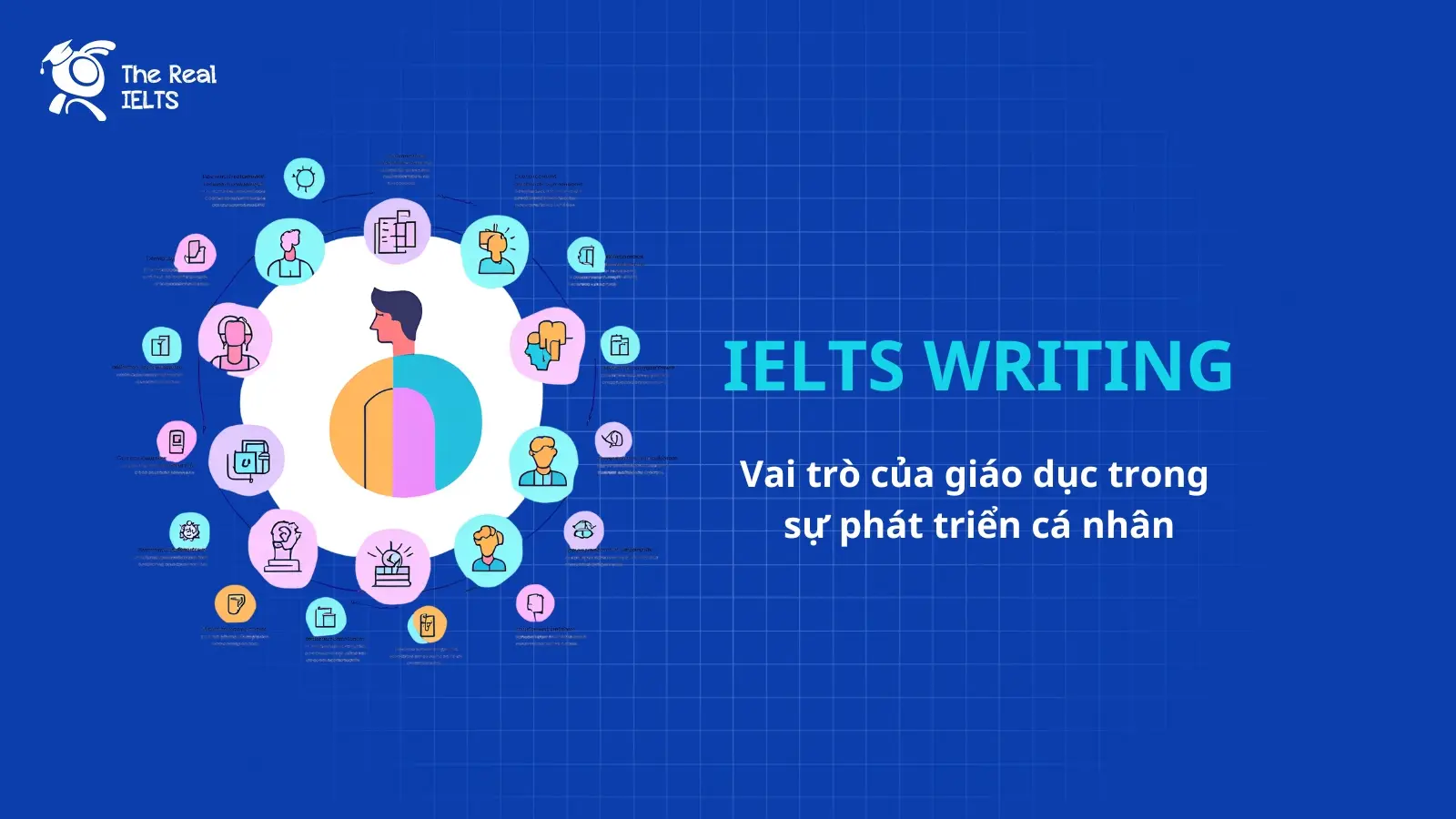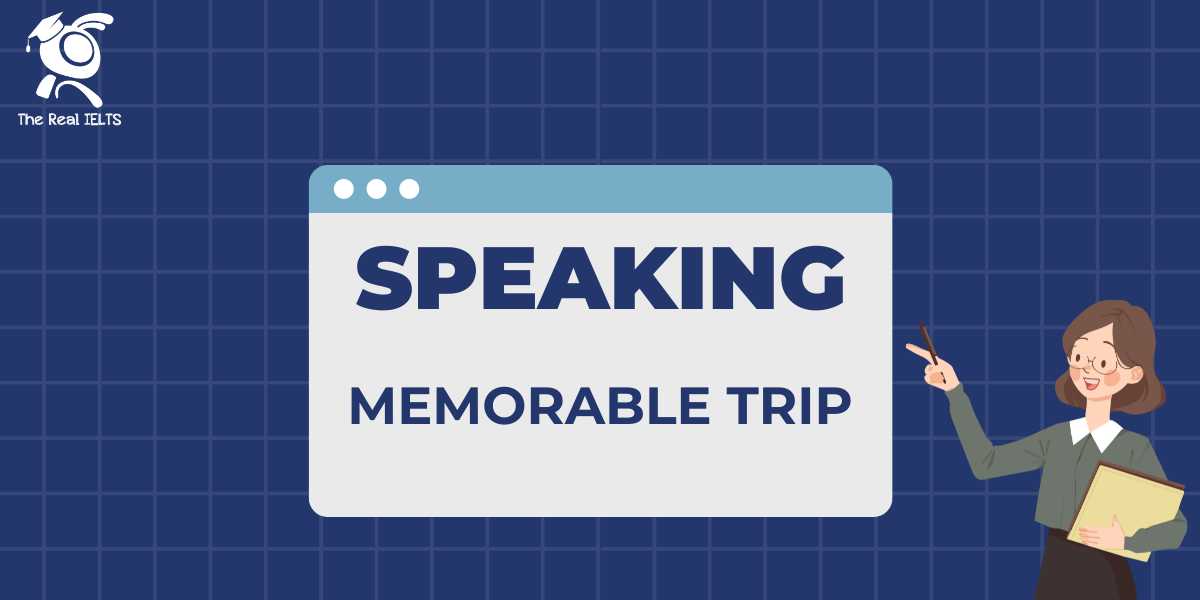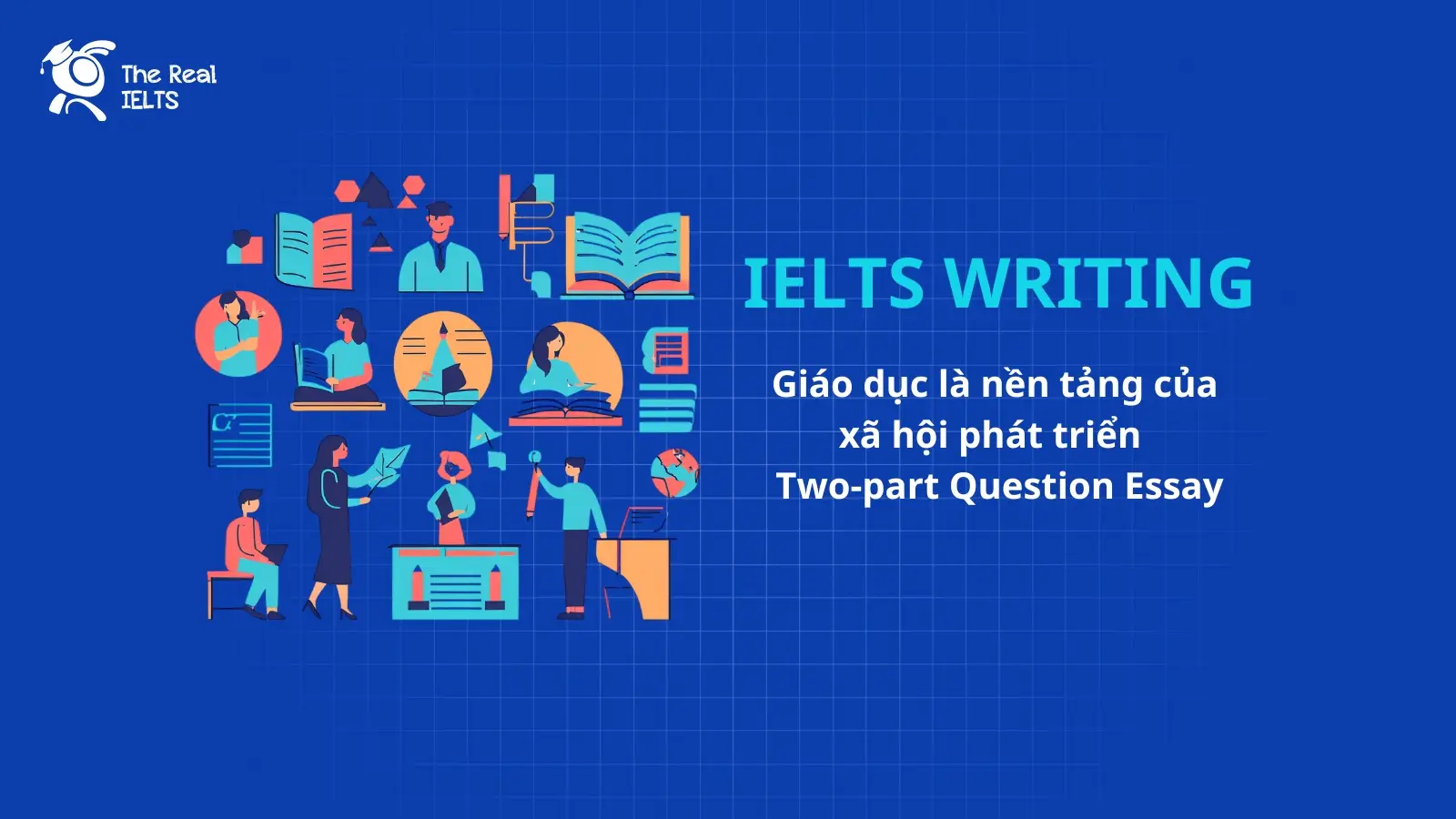IELTS Writing Task 2 thường yêu cầu trả lời hai câu hỏi liên quan đến giáo dục và kỹ năng giải quyết vấn đề. Giáo dục có thực sự giúp học sinh phát triển tư duy phản biện không? Và phương pháp nào hiệu quả nhất để rèn luyện kỹ năng này? Bài viết sẽ phân tích hai vấn đề trên.
Đọc thêm: IELTS Writing Task 2: Giáo dục và sự phát triển kỹ năng giải quyết vấn đề – Cause and Effect Essay.
Đề bài IELTS Writing Task 2: Giáo dục và sự phát triển kỹ năng giải quyết vấn đề – Two-part Question Essay
Education is often linked to problem-solving abilities. How does education help individuals develop this skill? What can educational institutions do to enhance students’ problem-solving capabilities?
Ví dụ 1
Education plays a crucial role in enhancing individuals’ problem-solving abilities. By providing students with diverse knowledge and experiences, education helps them develop the necessary skills to approach complex situations effectively. Through subjects like mathematics, science, and even humanities, students are encouraged to analyze problems from different angles and come up with logical solutions. The process of acquiring new information, making connections, and applying knowledge to real-life situations sharpens their ability to think critically and solve problems creatively.
To enhance students’ problem-solving capabilities, educational institutions can adopt several strategies. Firstly, they should integrate problem-based learning (PBL) into their curricula. This approach encourages students to work on real-world issues, fostering a more practical and hands-on learning experience. Additionally, schools and universities can promote collaborative learning, where students work in teams to solve problems, as this helps develop essential skills such as communication, teamwork, and critical thinking. Moreover, institutions should create a learning environment that encourages curiosity, experimentation, and independent thinking, allowing students to explore and discover solutions on their own.
In conclusion, education equips individuals with the tools needed to solve problems by enhancing their critical thinking and analytical skills. Educational institutions can further improve students’ problem-solving abilities by adopting innovative teaching methods and fostering an environment of collaboration and exploration. These efforts will prepare students to face the challenges of the future effectively.
Ví dụ 2
Education plays a significant role in developing problem-solving skills, which are crucial in navigating various life challenges. Firstly, education exposes individuals to a wide range of subjects and scenarios that require critical thinking and decision-making. By tackling complex problems in mathematics, science, or even humanities, students learn to analyze situations, identify possible solutions, and choose the best course of action. This process strengthens their problem-solving abilities over time, as they practice breaking down problems into manageable parts and working through them step by step.
Furthermore, educational institutions can enhance students’ problem-solving capabilities by incorporating active learning strategies into their curricula. Instead of simply lecturing, teachers can encourage students to engage in hands-on activities, such as group projects or case studies, where they must collaborate, think critically, and devise creative solutions. This approach not only promotes teamwork but also stimulates independent thinking, enabling students to adapt and solve problems in real-world contexts.
Additionally, offering opportunities for interdisciplinary learning can help students connect knowledge from different fields and apply it to diverse situations. For example, a student who has studied both engineering and business may be better equipped to solve problems related to product development or market expansion, as they can combine technical and strategic thinking. Therefore, by fostering a more integrated learning environment, educational institutions can effectively nurture problem-solving skills.
In conclusion, education is a powerful tool for developing problem-solving abilities, as it challenges individuals to think critically and find solutions to various problems. To further enhance these skills, educational institutions should adopt active learning methods and encourage interdisciplinary approaches to learning, ensuring that students are well-prepared to face complex challenges in their personal and professional lives.
Ví dụ 3
Education plays a crucial role in developing individuals’ problem-solving abilities by providing them with the knowledge, critical thinking skills, and practical experiences necessary to address challenges. Schools and universities equip students with the foundational understanding of various subjects, encouraging them to think analytically. By engaging with complex concepts and learning how to apply theories in real-world scenarios, students develop the cognitive tools needed to break down problems, identify potential solutions, and evaluate outcomes.
Furthermore, educational institutions can enhance problem-solving skills by incorporating active learning strategies into their curricula. Rather than relying solely on passive forms of instruction, such as lectures, schools should focus on interactive methods like group discussions, project-based learning, and case studies. These activities require students to collaborate, think critically, and apply their knowledge to practical situations. Additionally, encouraging an interdisciplinary approach allows students to draw connections between different fields of study, fostering creative solutions to multifaceted problems.
In conclusion, education provides the foundation for problem-solving by cultivating critical thinking, creativity, and the application of knowledge. To further enhance these skills, educational institutions should prioritize active learning methods and an interdisciplinary approach, ensuring students are better equipped to tackle the challenges of the modern world.
Ví dụ 4
Education plays a pivotal role in shaping an individual’s problem-solving abilities. By providing a structured environment for learning, educational institutions introduce students to diverse challenges and scenarios that encourage critical thinking. This exposure helps students develop the capacity to analyze problems, identify potential solutions, and implement effective strategies. For instance, subjects like mathematics, science, and philosophy often require students to break down complex problems into smaller, manageable parts, which hones their analytical and logical skills. Moreover, engaging in group projects and discussions allows students to collaborate with others, fostering creativity and alternative approaches to problem-solving.
In order to enhance students’ problem-solving capabilities, educational institutions should focus on incorporating practical, real-world challenges into the curriculum. This could be achieved through project-based learning, case studies, and problem-solving workshops. Additionally, educators should encourage active participation and independent thinking by allowing students to explore solutions on their own before offering guidance. This empowers students to take initiative and build confidence in their problem-solving skills. Furthermore, fostering a growth mindset in students, where they are encouraged to view challenges as opportunities for learning rather than obstacles, can significantly contribute to the development of resilient problem-solvers.
In conclusion, education provides a foundation for developing problem-solving skills by encouraging critical thinking, collaboration, and creative solutions. By refining teaching methods and integrating real-world applications into the learning process, educational institutions can better equip students with the tools necessary to tackle complex problems in their personal and professional lives.
Ví dụ 5
Introduction
Education plays a crucial role in developing problem-solving abilities, a skill essential for navigating challenges in both personal and professional life. Through structured learning, individuals can cultivate critical thinking and analytical skills that enable them to approach problems methodically and creatively. This essay will explore how education fosters problem-solving abilities and discuss ways in which educational institutions can further enhance this skill.
Body Paragraph 1
Education helps individuals develop problem-solving abilities by providing them with the necessary knowledge and tools to address various situations. In the classroom, students are often presented with complex problems that require them to analyze information, think critically, and develop solutions. For example, in subjects such as mathematics and science, students are taught to break down complex problems into manageable parts, which enhances their ability to approach real-world issues systematically. Additionally, through group discussions and collaborative projects, students learn how to work with others, share ideas, and arrive at effective solutions collectively.
Body Paragraph 2
To enhance students’ problem-solving capabilities, educational institutions can adopt more interactive and practical teaching methods. One approach could be incorporating project-based learning, where students engage in hands-on activities that mimic real-life challenges. This method encourages creativity, collaboration, and critical thinking, all of which are key elements of problem-solving. Furthermore, schools and universities could offer more problem-solving workshops and exercises outside of traditional classroom settings. By providing students with opportunities to apply their knowledge in practical scenarios, educational institutions can better prepare them to face the complexities of the modern world.
Conclusion
In conclusion, education is instrumental in developing problem-solving skills, as it equips individuals with the necessary tools and strategies to tackle challenges. However, to maximize the potential of these abilities, educational institutions must focus on incorporating interactive and practical learning experiences. By doing so, they can foster a generation of individuals capable of effectively addressing the problems they encounter in their personal and professional lives.
Ví dụ 6
Introduction:
Education plays a crucial role in developing problem-solving abilities, a skill highly valued in both academic and professional environments. By fostering critical thinking and creative approaches, education equips individuals with the tools needed to analyze and resolve complex situations. In this essay, I will discuss how education contributes to enhancing problem-solving skills and what educational institutions can do to further promote this ability.
Body Paragraph 1:
One of the primary ways education supports problem-solving is by encouraging analytical thinking. Through subjects like mathematics, science, and logic, students learn to break down problems into manageable components, identify patterns, and test hypotheses. This structured approach helps them gain a deeper understanding of how to tackle issues efficiently. Additionally, discussions and debates in the classroom challenge students to think critically, evaluate different perspectives, and develop well-reasoned solutions. This process sharpens their ability to approach problems from multiple angles, preparing them for real-world challenges.
Body Paragraph 2:
To enhance students’ problem-solving abilities, educational institutions can incorporate more hands-on and collaborative learning experiences. Project-based learning, for example, enables students to apply theoretical knowledge to practical scenarios, fostering creativity and teamwork. Furthermore, teachers can encourage students to explore problems with open-ended questions, allowing for multiple solutions. By promoting a culture of curiosity and experimentation, schools can create an environment where students are not afraid to make mistakes and learn from them, which is essential for effective problem-solving.
Conclusion:
In conclusion, education is integral to developing problem-solving skills by nurturing critical thinking, analytical abilities, and creativity. Educational institutions can further enhance these skills by adopting more interactive and student-centered learning approaches. By doing so, they can better prepare students to face the complexities of the modern world with confidence and competence.
Ví dụ 7
Education plays a crucial role in enhancing individuals’ problem-solving abilities by providing them with the knowledge, critical thinking skills, and frameworks necessary to approach and resolve challenges. Through exposure to a variety of subjects, students learn to analyze information, identify patterns, and think creatively, all of which are fundamental in problem-solving. Furthermore, educational institutions create an environment where students can engage in discussions, collaborate with peers, and receive guidance from teachers, which nurtures their ability to approach problems from multiple perspectives and find innovative solutions.
To further enhance problem-solving capabilities, educational institutions should focus on incorporating practical, real-life scenarios into their curricula. This could involve project-based learning, where students are tasked with solving actual problems, or case studies that require them to analyze complex situations. Additionally, fostering an environment that encourages trial and error, experimentation, and reflection can help students build resilience and persistence, which are essential traits for effective problem-solving. Providing students with access to interdisciplinary knowledge and technology can also support their ability to think critically and solve problems in a rapidly changing world.
In conclusion, education equips individuals with the tools necessary to develop problem-solving skills by promoting critical thinking, collaboration, and practical experience. By focusing on hands-on learning and creating an environment that nurtures these skills, educational institutions can play a pivotal role in preparing students for the challenges of the future.
Ví dụ 8
Introduction:
Education plays a pivotal role in shaping an individual’s ability to solve problems. It equips students with the necessary skills, knowledge, and strategies to tackle challenges effectively. This essay will explore how education fosters problem-solving abilities and what educational institutions can do to further enhance these skills in their students.
Body Paragraph 1:
Firstly, education provides students with a structured framework for thinking critically and analytically. Through subjects like mathematics, science, and even the humanities, students are exposed to various problems that require logical reasoning and creative solutions. For example, solving a complex mathematical equation or conducting scientific experiments teaches students how to break down a problem into smaller parts, analyze different variables, and develop solutions based on evidence. This process helps them hone their problem-solving skills, which can be applied to real-life scenarios.
Body Paragraph 2:
Moreover, educational institutions can enhance problem-solving capabilities by fostering an environment that encourages collaborative learning. When students work together in groups, they are exposed to diverse perspectives, which can stimulate innovative solutions. Activities such as group projects, debates, and case studies challenge students to think critically, communicate their ideas effectively, and find solutions as a team. By promoting teamwork, educational institutions provide students with the opportunity to practice problem-solving in a more dynamic and social context.
Body Paragraph 3:
In addition to collaborative learning, schools and universities should integrate problem-based learning (PBL) into their curriculum. PBL focuses on presenting students with real-world problems that have no predefined answers, forcing them to research, experiment, and think independently. This type of learning encourages students to apply their theoretical knowledge to practical situations, thereby strengthening their problem-solving abilities. Furthermore, by incorporating interdisciplinary approaches, students can gain insights from various fields, enhancing their ability to solve complex, multifaceted problems.
Conclusion:
In conclusion, education is crucial in developing problem-solving abilities by providing students with the tools and experiences necessary for tackling challenges. To further enhance these skills, educational institutions should encourage collaborative learning and incorporate problem-based learning into their curriculum. By doing so, they can equip students with the skills required to navigate the increasingly complex world they will face.
Ví dụ 9
Introduction:
Education plays a vital role in shaping individuals’ problem-solving abilities by equipping them with the necessary knowledge and skills. Through various learning experiences, students are encouraged to think critically, analyze situations, and find effective solutions. This essay will explore how education fosters problem-solving skills and suggest ways in which educational institutions can further enhance these abilities.
Body Paragraph 1:
One of the primary ways education develops problem-solving skills is by promoting critical thinking. In academic settings, students are often presented with complex problems that require analysis, reasoning, and evaluation. For example, subjects like mathematics, science, and literature encourage students to engage with problems, identify patterns, and devise strategies to find solutions. This process helps students develop a structured approach to problem-solving, which is crucial in both academic and real-world contexts.
Body Paragraph 2:
Moreover, educational institutions can enhance problem-solving abilities by incorporating practical, hands-on learning experiences. By applying theoretical knowledge to real-world scenarios, students gain a deeper understanding of how to approach challenges. Group projects, internships, and interactive lessons provide opportunities for students to collaborate, share ideas, and experiment with different solutions. These activities promote creativity, teamwork, and adaptability, all of which are essential components of effective problem-solving.
Conclusion:
In conclusion, education plays a key role in developing problem-solving abilities by fostering critical thinking, providing practical experiences, and encouraging collaboration. To further enhance these skills, educational institutions should focus on creating environments that challenge students to think independently, engage with real-world problems, and work together to find innovative solutions. By doing so, they can better prepare students for the complexities of modern life and the workforce.


